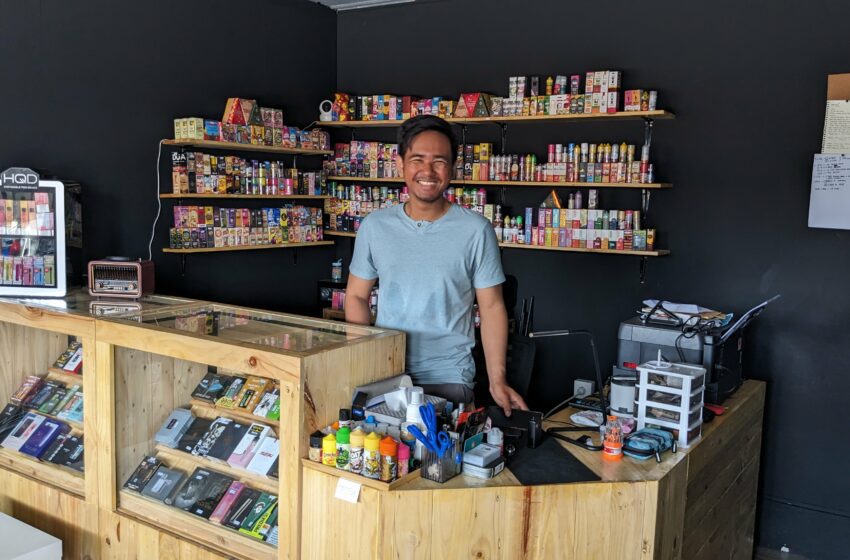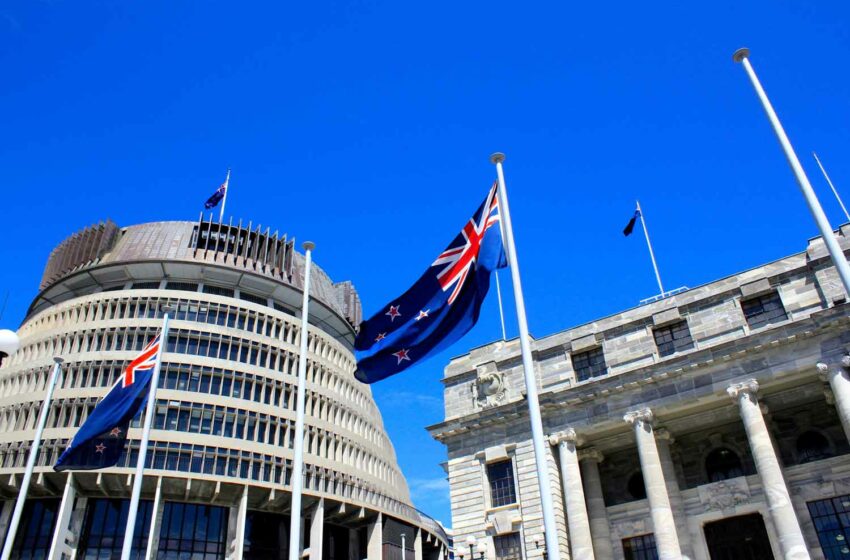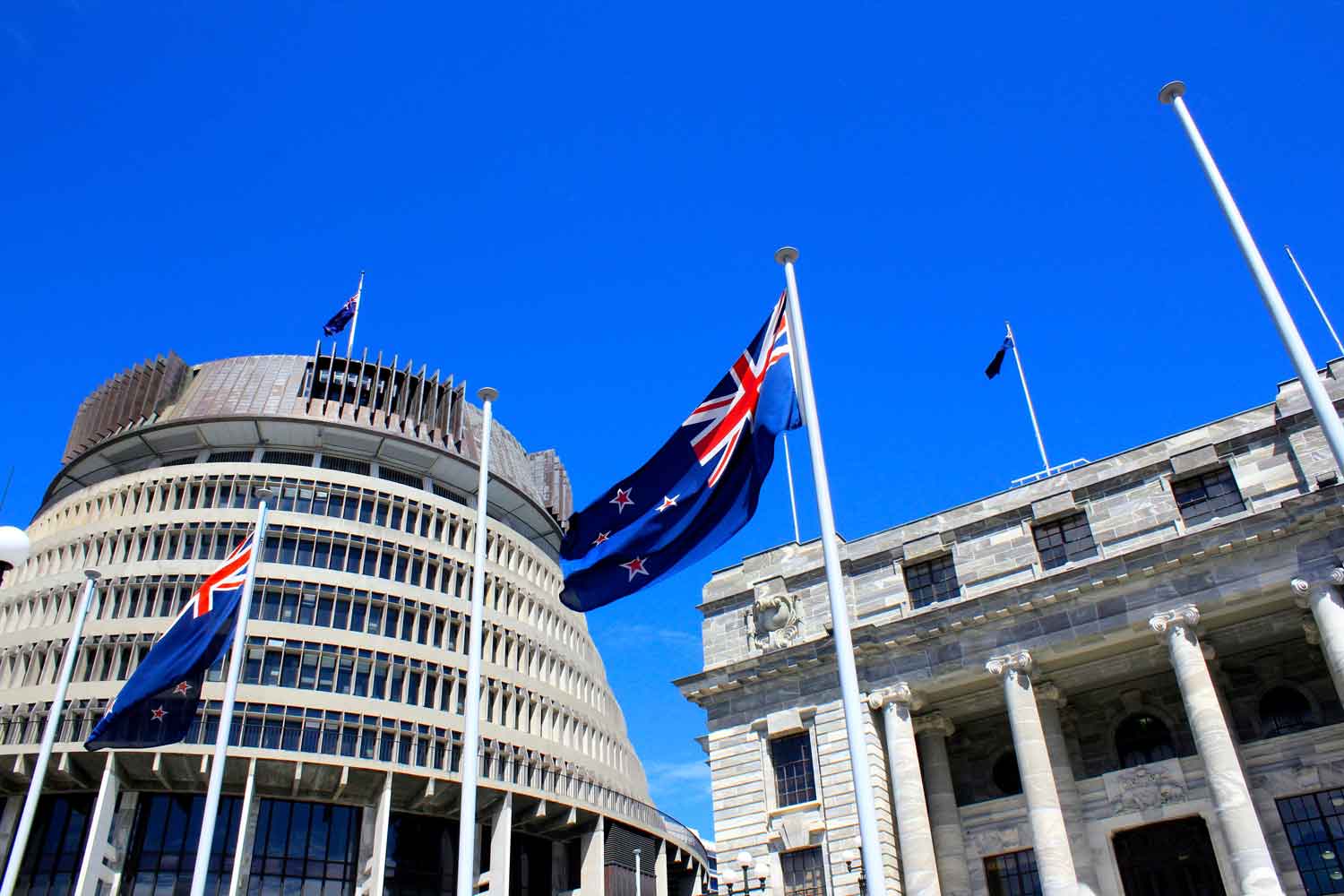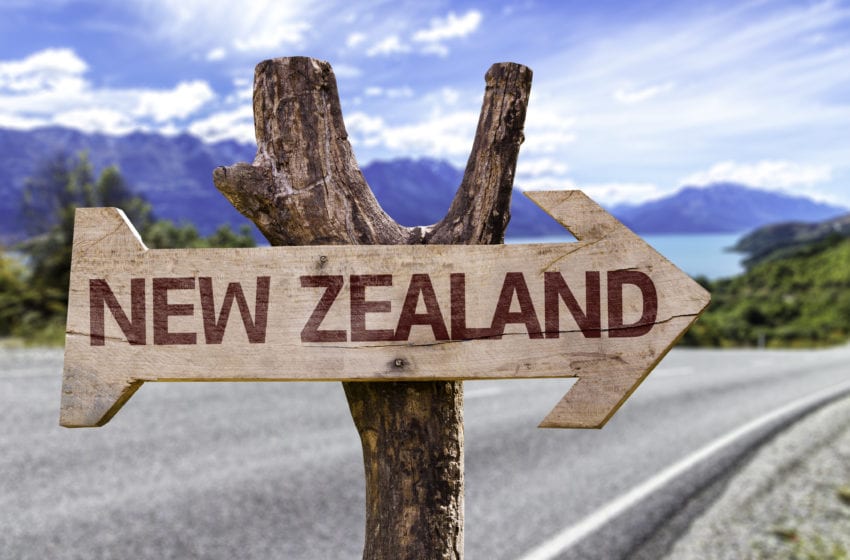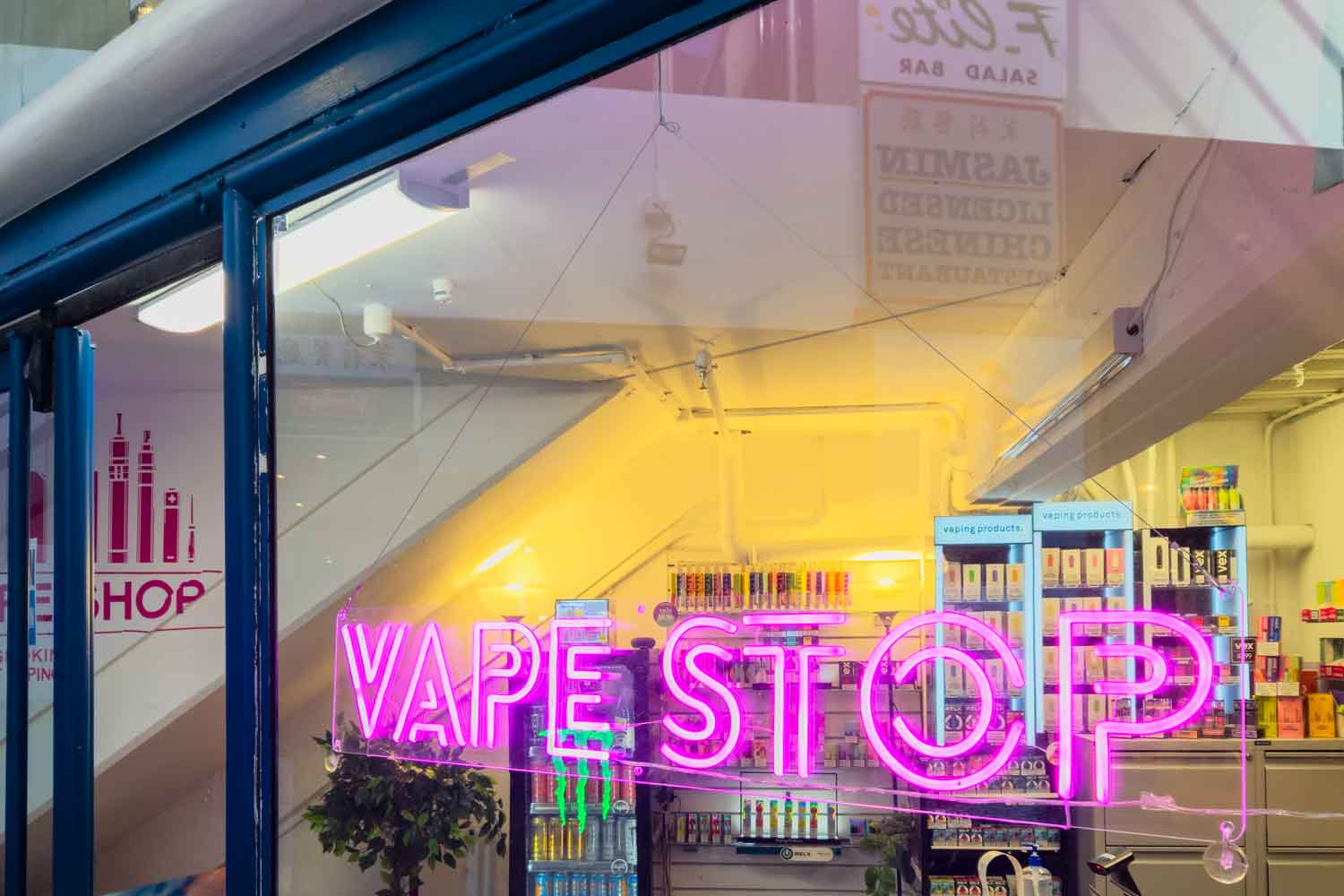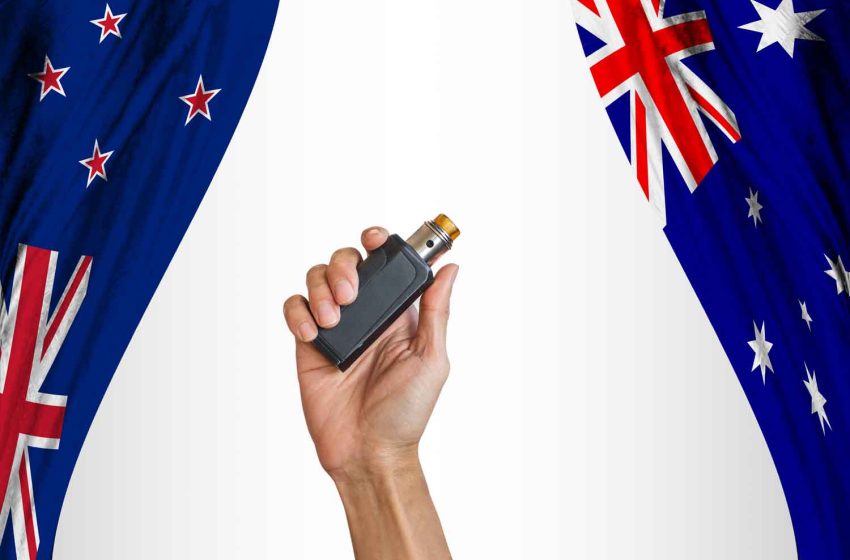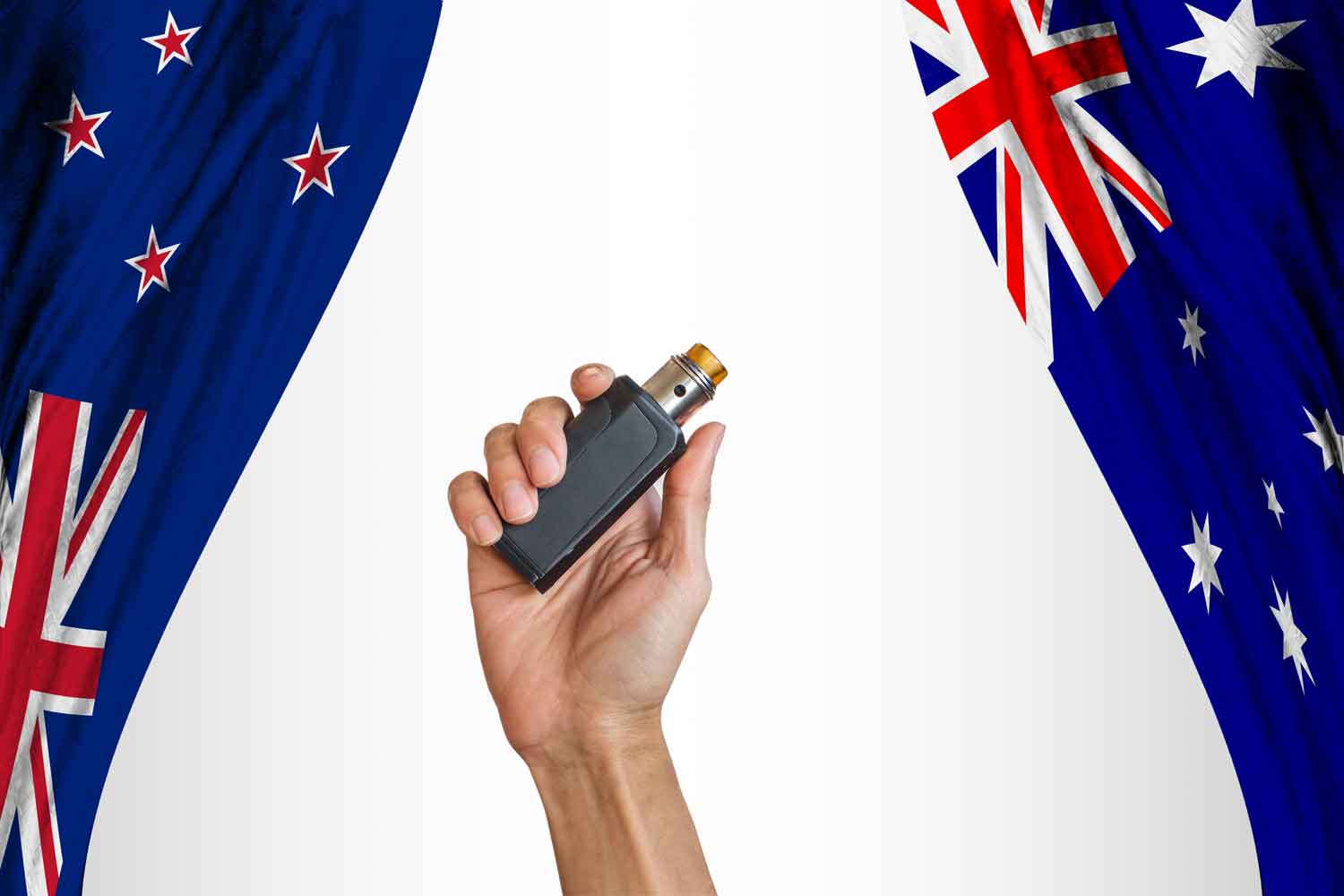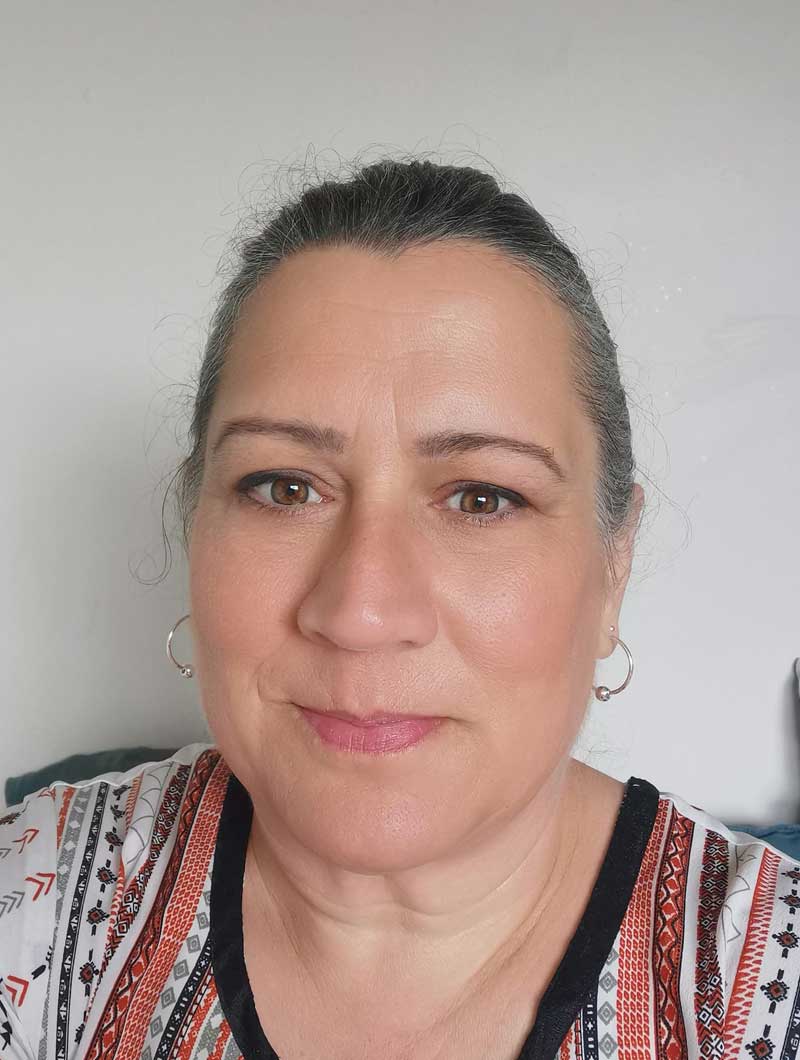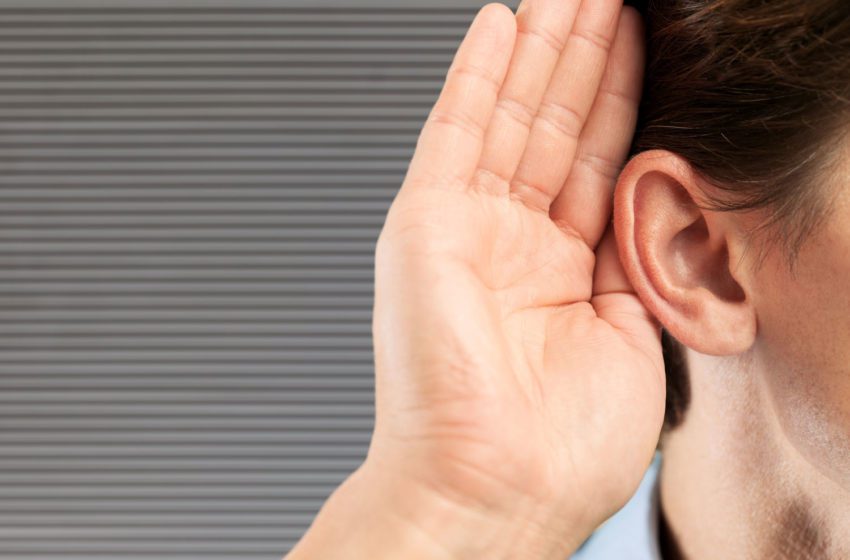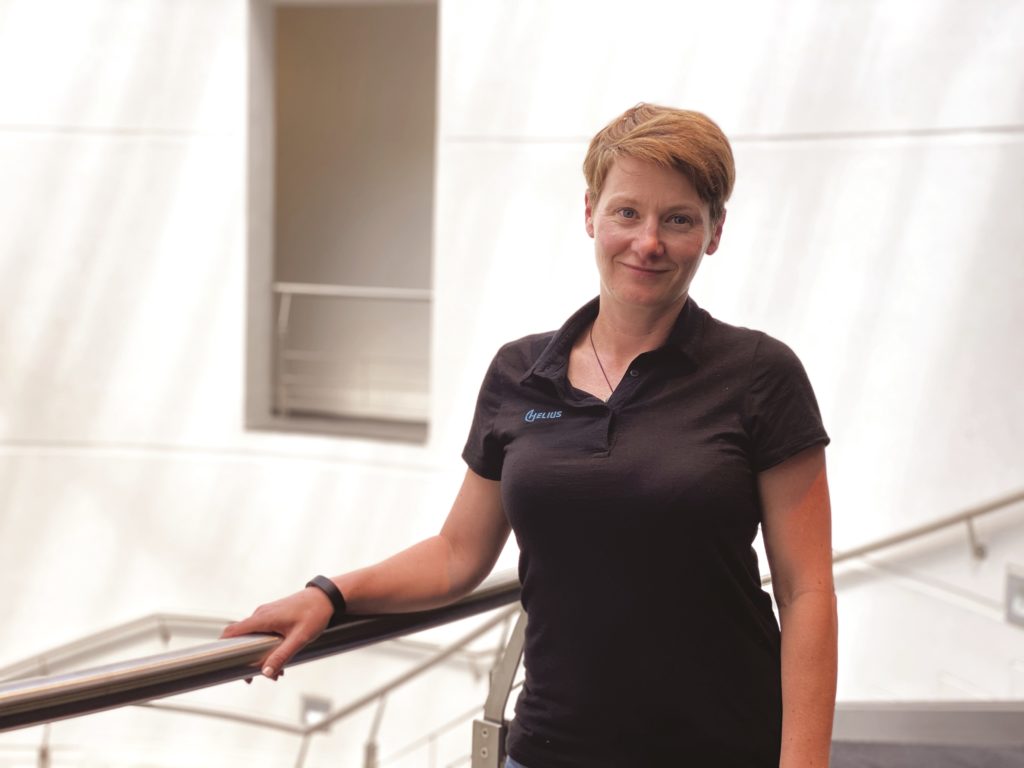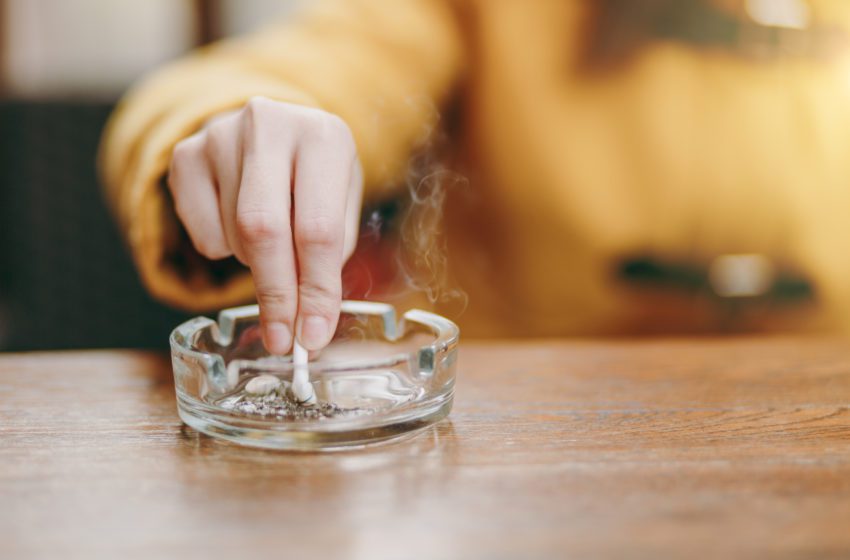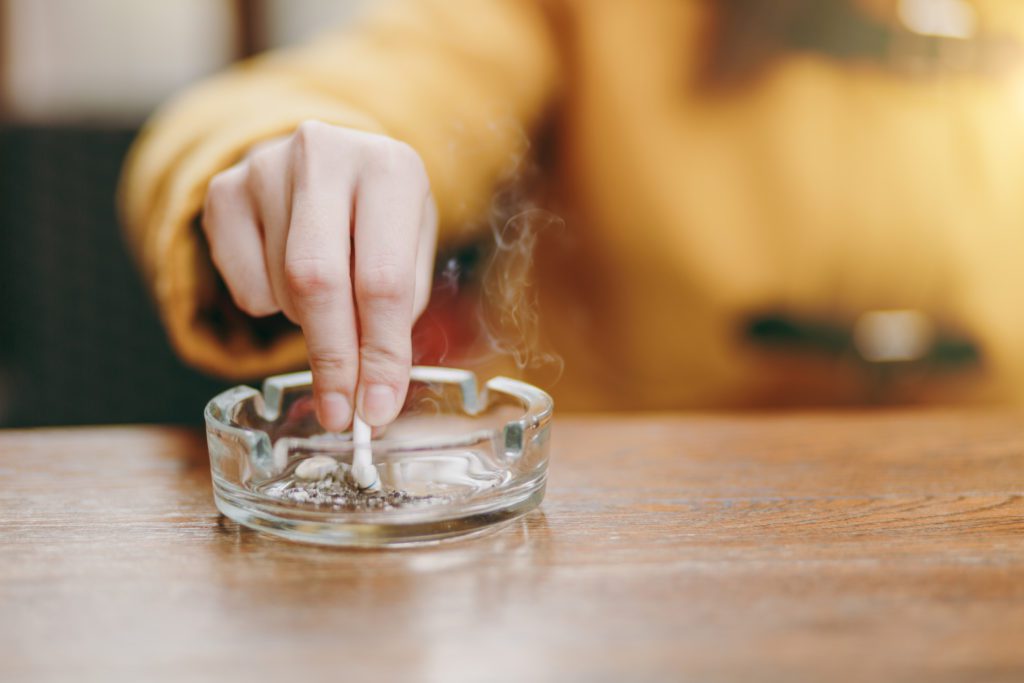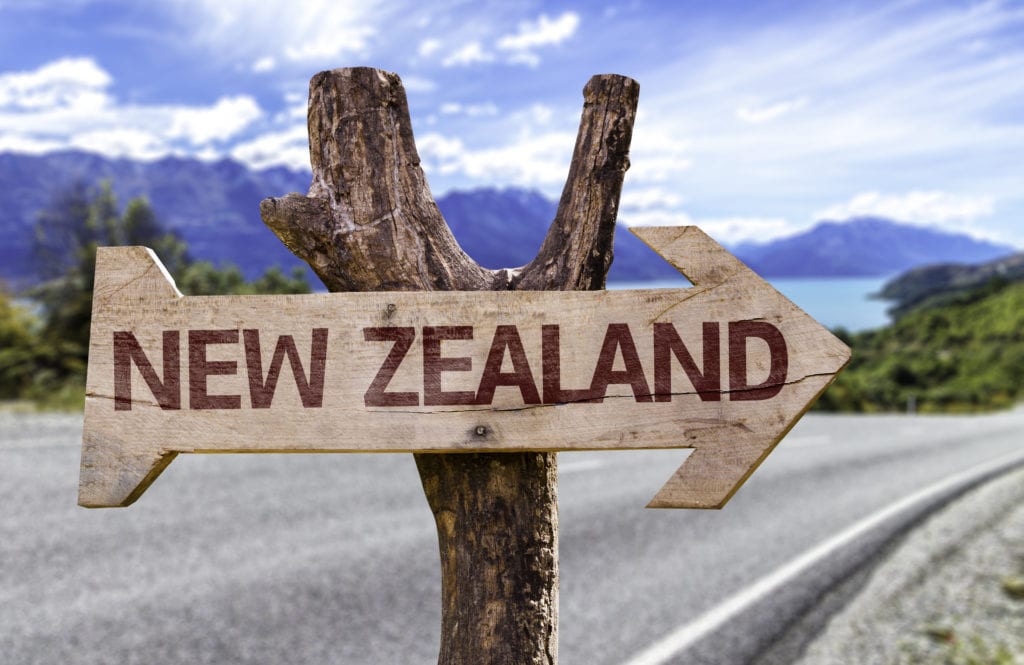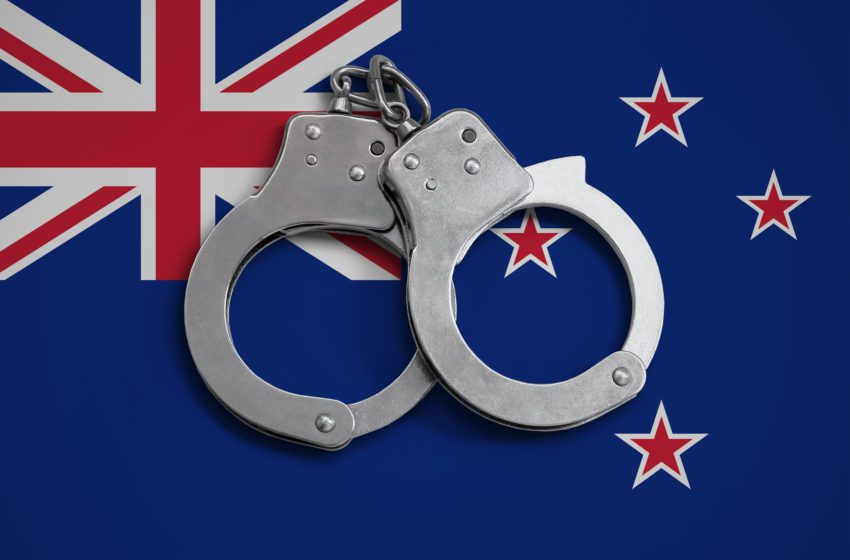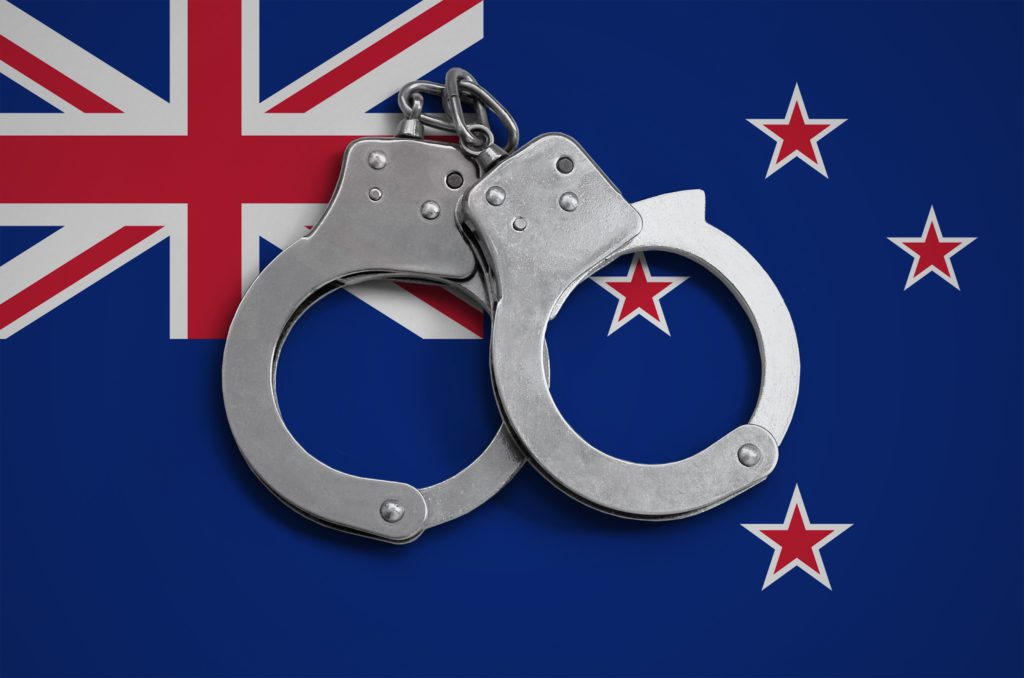
By Norm Bour
As I travel from one country to the next, everything changes: languages, currencies, foods—and also vape laws, which are so specific and seemingly random that it is challenging to keep them straight.
Before I arrived in Indonesia, I was in New Zealand and Australia—both modern, contemporary, First World countries.
New Zealand seemed comfortable with its vape laws, and shops were abundant. In Sydney and Canberra, Australia, vape shops were less common, and I had little success getting concrete feedback from shop owners and employees. There seemed to be paranoia there, and maybe there was just cause.
With Health Minister Mark Butler having proudly stated on the record that Australia’s vape laws will be the “toughest in the world,” the vape shop owners’ fears may be justified. The government is lowering the hammer on disposables, and so far, more than A$11 million ($7.3 million) of nicotine-containing vape products—11 tons—have been seized this year.
In November, Butler announced that Australia would ban all imports of disposable vapes beginning Jan. 1, 2024. The ban will be expanded in March 2024 to include all nontherapeutic vapes, including refillable devices, while importers of vapes for medical purposes will need a permit from the Office of Drug Control.
Therapeutic vapes will be restricted from using flavors, have limited nicotine levels and be sold in pharmaceutical packaging under new rules to be introduced in 2024, with a transition period for manufacturers to comply.
The legislative package will also include a total A$75 million in extra funding for the Australian Border Force and the Therapeutic Goods Administration to enforce the new rules. Additional legislation next year will apply the same prohibitions to domestic manufacturers.
When it’s all said and done, it appears that no vape products will be sold without a prescription, and instead, they will be sold at pharmacies. Say goodbye to vape shops, and say, “welcome back, black market.”
New Zealand may not be far behind.
Currently, vaping laws are reasonable in Kiwi Country, and vape shops can operate independently but with significant government oversight. Age restrictions are huge, and to that end, disposables and flavoring (including “enticing names”) will be banned in the near future.
In late 2022, the New Zealand Parliament adopted the Smokefree Environments and Regulated Products (Smoked Tobacco) Amendment Bill, which regulators said would phase out combustible tobacco product use in the country. However, in November, New Zealand’s new coalition government announced its plans to scrap the generational tobacco ban, which would have prohibited tobacco products for people born after 2009.
While ditching the generational tobacco ban, the new government vowed to get tough on vaping by banning disposable e-cigarettes and increasing penalties for illegal sales to those aged under 18.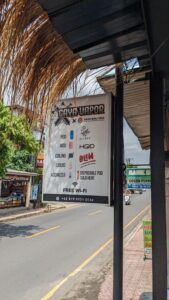
Meanwhile, 2,000 miles to the north is another world—“a newly industrialized country with a rapidly growing economy and political stability,” per the Indonesian press.
Most shops are basic in their appearance, as is their product supply.
The government has mostly ignored the vape market, and aside from an excise tax on e-liquids, there are few regulations on physical or online shops. For a decade, the government has stated its intention to address vape products, but for now, it has settled on a tax rate of 57 percent on vape products versus 40 percent on tobacco.
In September, the Indonesian Parliament passed Health Law No. 17 of 2023, which categorizes e-cigarettes as addictive substances. Teguh Basuki A. Wibowo, chairman of the Indonesian Electronic Nicotine Industry Alliance, told the media that including e-cigarettes in the legal framework for solid and liquid tobacco products legalizes industry participants and allows smokers to find alternative products.
The law puts Indonesia on equal footing with countries like the Philippines and the U.K., which have similar legislative frameworks for e-cigarettes, Wibowo said.
With almost 65 million smokers, Indonesia trails only China and India in terms of prevalence. Tobacco is heavily advertised through television and other media, which has traditionally been one of the first targets of restrictions.
In the city of Ubud, Bali, a favorite base for expats from all over the world, I visited Nyali Vapes, and the shop’s owners confirmed the same trends I heard about elsewhere: Disposables are the largest sellers. The people at Gaya Vapes, my next stop, said likewise, and when I asked about surprise visits from regulators, counterman Genoa admitted that these visits are frequent.
He also spoke about the differences between the locals and the tourists: “Most of the tourists come in for refills and [fewer for] disposables,” he said. “They ask for their flavors, and we usually do not have their exact brand, but we do have a similar flavor, which they are fine with.”
 One of the largest groups of visitors to Indonesia, and Bali in particular, are Australians, home to the world’s most expensive cigarettes, at more than $25 a pack. Over the course of my time in Bali, I asked some Aussies if they stocked up on smokes while they were visiting, and unanimously, they all said, “hell, yes!”
One of the largest groups of visitors to Indonesia, and Bali in particular, are Australians, home to the world’s most expensive cigarettes, at more than $25 a pack. Over the course of my time in Bali, I asked some Aussies if they stocked up on smokes while they were visiting, and unanimously, they all said, “hell, yes!”
Even though all countries are different, some vapers’ patterns are standard, including that of Genoa, the front desk guy at Gaya Vapes, age 25, who stopped smoking in 2017 and started vaping instead. But he did confess that sometimes money is tight, in which case he goes with a cigarette instead of a vape.
Vaping is much cheaper, but liquid prices can be off-putting for consumers with Indonesian wages. Regardless, Genoa’s passion for vaping is what motivated him to work at Gaya, one of several shops in the area with that same name.
For those earning foreign salaries, life is cheap in Indonesia, a condition that also applies to tobacco and vape products. A standard pack of cigarettes costs about IDR24,000, which equates to just under $1.60. A name brand like Marlboro will set you back about $2.25 per pack, which is still a bargain for those accustomed to foreign prices. Indonesia is not the world’s cheapest country for smokers—that honor goes to Vietnam—but it is in the lowest percentile.
My new friend William at Glory Vapes confessed that he was a dual user, and because vaping was so much cheaper (even at those insanely low cigarette prices), he was able to make his disposables last up to three weeks. Add in his love for all the fruit flavors, and he remains biased toward the liquids, so he smokes cigarettes only when socializing with friends.
He also shared that local police officers regularly visit the shop, but he suspected they came in more to alleviate boredom than to look for anything illegal.
Norm Bour is the founder of VapeMentors and works with vape businesses worldwide. He can be reached at norm@VapeMentors.com.

